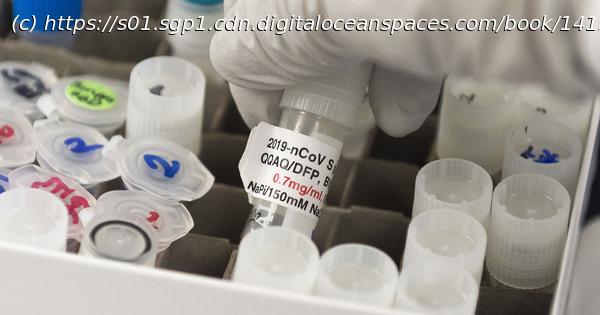While promising, it works differently than most traditional vaccines.
This week, the Bill and Melinda Gates Foundation announced it will donate A$10 million to help fund an Australian trial testing whether a very old vaccine, BCG, can be used against a new threat, Covid-19.
So what is the BCG vaccine and what might its place be in the fight against coronavirus?
The BCG vaccine has been used for nearly a century to protect against tuberculosis, a bacterial disease that affects the lungs. Tuberculosis is caused by a bacterium called Mycobacterium tuberculosis. BCG is short for Bacillus Calmette-Guérin, as it was created by Léon Charles Albert Calmette and Jean-Marie Camille Guérin in the early 1900s.
To make the vaccine, they used Mycobacterium bovis, a bacterium found in cows and closely related to Mycobacterium tuberculosis. They grew it on a nutrient-rich jelly in the lab for nearly 13 years. The bacterium adapted to this comfortable lifestyle by losing elements in its DNA it no longer needed, including elements that cause disease.
This process is called attenuation and it results in a live but weakened microbe that can be given to humans as a vaccine. BCG is offered to infants in some parts of the world where there are still high rates of tuberculosis. It protects 86% of the time against some rarer forms of tuberculosis more common in children. But it only protects about 50% of the time in adults.
Scientists and clinicians generally feel we need a better vaccine for tuberculosis. However, epidemiologists have noticed children who received BCG had significantly better overall health, with fewer respiratory infections and fewer deaths.
Immunologists suspect this is caused by a type of immune response called “trained immunity”. Trained immunity is distinct from how we traditionally think of immunity, or “immune memory”, because it engages different types of immune cells.
There are two main types of cells within our immune system: innate cells, which respond rapidly to microbes that cause disease, and adaptive cells, which initially respond quite slowly. Adaptive cells include B cells, which make antibodies to block infection, and T cells, which can kill infected cells.
Домой
United States
USA — Art Australian researchers are testing whether the tuberculosis vaccine can help combat Covid-19






